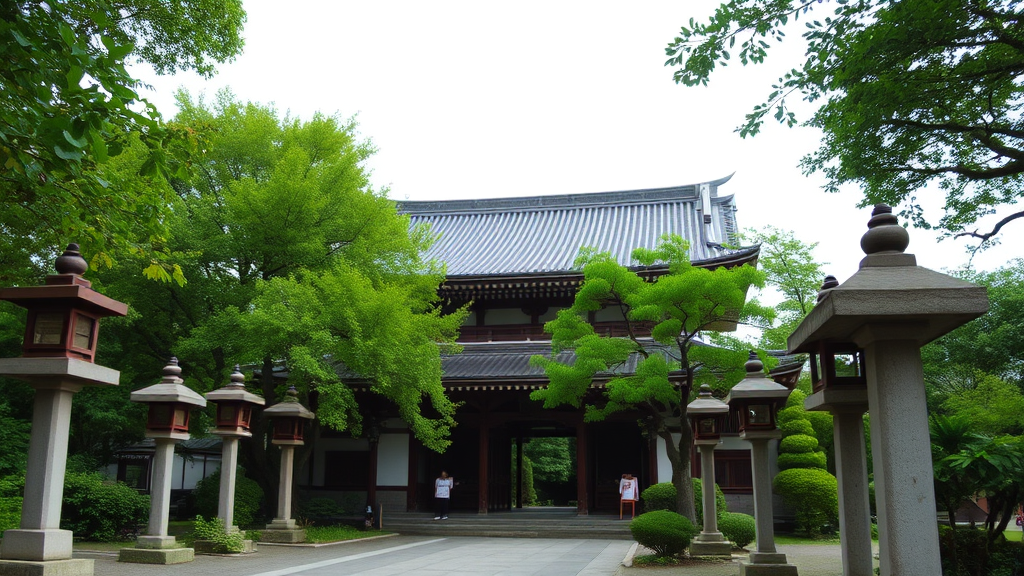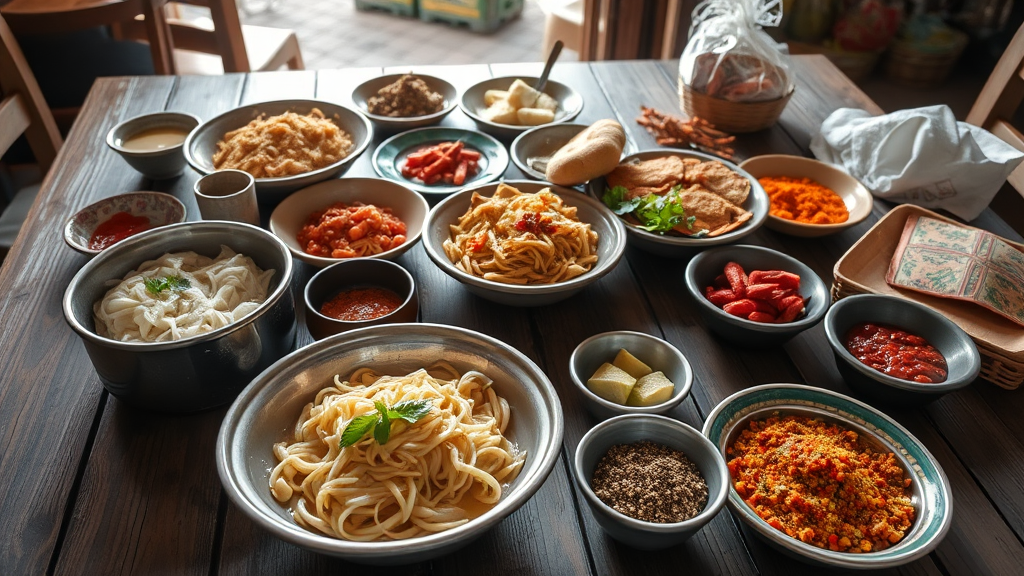Travel has always been about discovery—seeing new landscapes, tasting unfamiliar foods, and connecting with people whose traditions are different from our own. Yet, in today’s hyper-connected world, many popular destinations feel overexposed. Tourists flock to the same landmarks, follow the same guidebooks, and often leave with experiences that, while beautiful, may feel familiar. That’s where cultural escapes come in: journeys designed to immerse travelers in authentic traditions and lesser-known parts of the world, far beyond the beaten path.
Why Cultural Travel Matters
At its heart, cultural travel isn’t about ticking places off a list. It’s about understanding how others live, celebrating differences, and finding connections in unexpected places. Instead of rushing from monument to monument, cultural escapes encourage slowing down—taking part in a local cooking class, joining a village festival, or learning age-old crafts directly from the artisans who preserve them. These moments create memories that no postcard or Instagram photo can capture.

Modern travelers are seeking more than just relaxation; they want meaning. Cultural experiences deliver exactly that. They invite reflection, broaden perspectives, and often lead to stories that travelers carry with them for a lifetime.
Beyond the Tourist Trail
Every country has hidden treasures that rarely appear in glossy brochures. Take Japan, for instance: while Tokyo and Kyoto capture much of the spotlight, regions like Tottori or Shikoku offer incredible temples, traditional inns, and cultural practices preserved for centuries. In Spain, Barcelona draws millions each year, yet the smaller towns of Andalusia reveal flamenco traditions and Moorish influences in a way that feels deeply personal.
By choosing to step beyond the tourist trail, travelers not only enrich their own journeys but also contribute to communities that don’t typically benefit from mass tourism. The exchange is mutually rewarding: visitors gain authentic experiences while locals share their traditions with respect and pride.
The Role of Food and Festivals
One of the easiest—and most enjoyable—gateways into culture is food. Dining with locals, exploring regional street markets, or joining farm-to-table experiences all provide a window into daily life. Each dish carries a story, rooted in history and shaped by geography. For many travelers, a bowl of noodles in a small village or a homemade pastry in a tucked-away bakery becomes the highlight of the trip.

Festivals, too, play a vital role in cultural immersion. Whether it’s India’s Holi celebrations, Mexico’s Day of the Dead, or France’s smaller wine harvest festivals, these events allow visitors to experience joy and tradition as insiders rather than observers. Participating respectfully in such occasions often leaves travelers with a deeper appreciation of the destination.
How Expedia Supports Cultural Escapes
For those inspired to step off the well-trodden path, planning can feel daunting. Where do you even begin? That’s where Expedia steps in. By offering flexible booking options, curated travel guides, and recommendations tailored to individual interests, the platform makes it easy to design trips that emphasize culture over convenience. From boutique accommodations near historic districts to tours led by locals, it helps bridge the gap between travelers and authentic experiences.
Balancing Discovery and Comfort
Of course, cultural escapes don’t mean giving up comfort entirely. Many travelers want the best of both worlds: mornings spent exploring ancient ruins and afternoons spent unwinding in a cozy inn. The key is balance. With thoughtful planning, cultural travel can combine deep immersion with restful retreats, ensuring that exploration feels rewarding rather than overwhelming.

Leaving a Positive Footprint
Cultural escapes also come with responsibility. It’s essential to engage respectfully, learn basic local phrases, support small businesses, and approach communities with humility. Responsible cultural travel isn’t just about what you gain but about what you give back—ensuring that traditions continue to thrive long after you’ve returned home.
A Journey That Stays With You
At the end of the day, cultural escapes are less about where you go and more about how you experience it. By slowing down, staying curious, and engaging with local traditions, every trip becomes a transformative journey. With platforms like Expedia making it easier to access hidden gems and authentic experiences, cultural travel is no longer limited to the adventurous few—it’s within reach for anyone willing to explore the world beyond the tourist trail.



